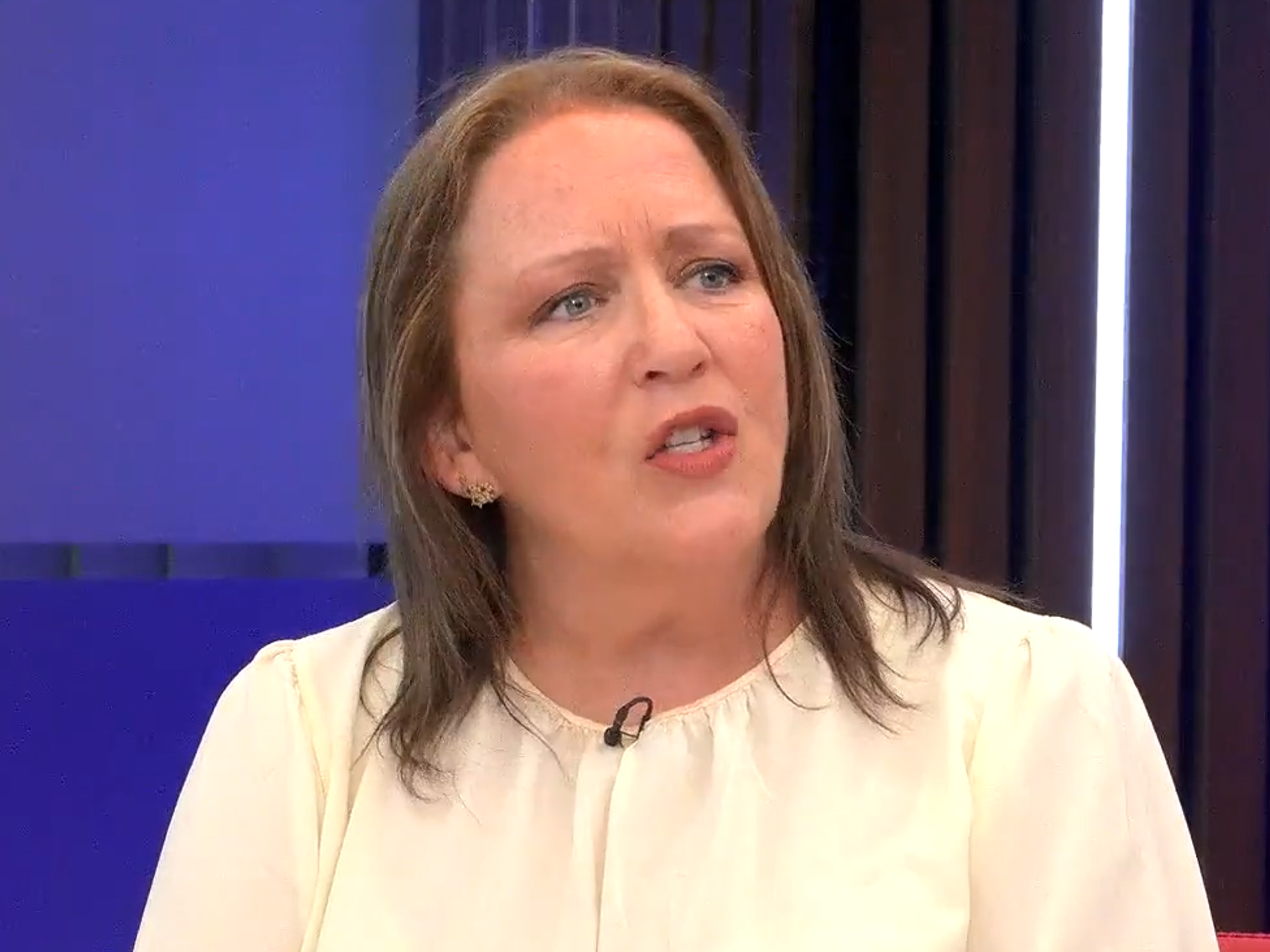'I have to sacrifice so much so they have enough' - Man forced into Buy Now Pay Later schemes to afford his elderly parents' care fees

The demand for people searching for elderly care services has more than doubled
| GETTY
The demand for people searching for elderly care services has more than doubled since the beginning of the year
Don't Miss
Most Read
One man has been forced into debt, struggling to pay for his parents care fees.
With an ageing population and growing demand for care, it is estimated that at least one in 10 people in the UK are taking on informal care roles for loved ones as they struggle to find suitable professional care, research has found.
Simon, a single dad and unpaid carer, has resorted to a Buy Now Pay Later (BNPL) account to afford care for his 83-year-old father and 82-year-old mother.
Increasing reliance on informal caregivers has created a financial burden for many people.
Research by Lottie has found that unpaid carers are, on average, out of pocket by £2,613 a year and £207 each month, even after receiving Carer's Allowance.
Simon claimed the Government has no clue or idea of what it costs to help one's parents or the agony it can cause the unpaid carer and their family to find the extra money.
 Care home costs have risen by nearly 20 per cent in the last year | GETTY
Care home costs have risen by nearly 20 per cent in the last year | GETTY He said: "I am disabled myself, after having 13 major spine surgeries across my lifetime, and I only have limited funds which go towards looking after my parents.
“I don’t tell them how much the cost of caring for them sets me back because I don’t want them to feel bad; I have to sacrifice so much to ensure they have enough.
"This is what carers have to do to help their parents. I don't think unless someone has been in that situation how much hurt it causes myself on top of everything already.”
The rising costs of care have left Simon feeling “overwhelmed.” With nowhere else to turn, he took out a buy now, pay later (BNPL) scheme that allows people to pay 25 per cent of the purchase price at checkout and the rest in three instalments over six weeks.
Simon has urged the Labour government to recognise that "unpaid carers play a crucial role in society, and additional financial support could significantly benefit them”.
He said: “Providing increased financial assistance in the form of stipends or allowances specifically tailored to cover caregiving expenses, respite care, or access to specialised training and resources could greatly support unpaid carers like me.
"Additionally, offering tax breaks or subsidies for services related to caregiving could alleviate some financial burdens.”
Will Donnelly, Co-Founder at Elderly Care Marketplace Lottie, warned how a lack of current support for the care sector is leading to a caregiving crisis.
“The lack of support for the care sector is leading to a caregiving crisis. With an ageing population, access to appropriate eldercare is one of our biggest challenges.
"An estimated 5 million people in the UK are taking on informal caregiving responsibilities. We must do more to support all carers—paid and unpaid”.
What is Carer's Allowance?
Britons could get £81.90 a week if you care for someone at least 35 hours a week and they get certain benefits.
They do not have to be related to, or live with, the person you care for.

Will Donnelly, Co-Founder at Elderly Care Marketplace Lottie
|LOTTIE
For each week someone gets Carer’s Allowance they’ll automatically get National Insurance credits.
Applicants need to be over 16 and their earnings need to be £151 or less a week after tax, National Insurance and expenses.










